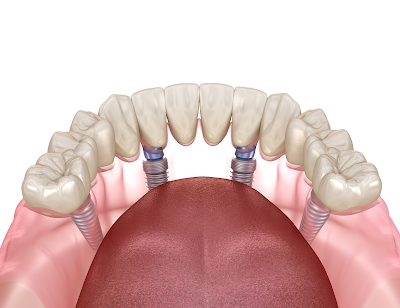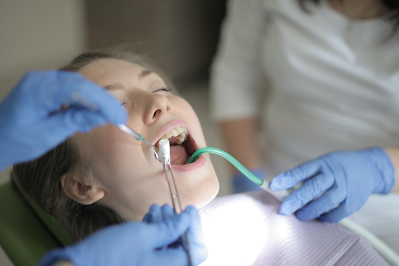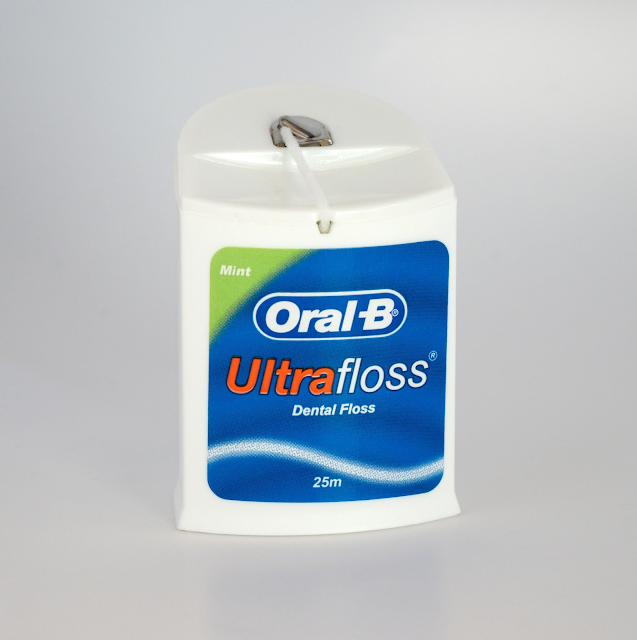Can Bone Loss in Your Teeth Be Prevented? | Next Smile™ Brisbane Dental

Periodontal diseases lead to tooth loss or loss of the bone around the tooth. The disease starts with gum disease and advances to bone loss in your teeth; the disease can be prevented. Yes, bone loss in your teeth can be prevented. Prevention is simple when you are conscious of what caused it and how to avoid it. As stated, bone loss is caused by gum disease that advances until you lose the tooth bone. So, How Do You Prevent It? Take care of your teeth. It is always the first prevention measure. You need to take good care of your oral health. Brush your teeth twice a day and, if possible, after every meal. When brushing your teeth, use fluoride toothpaste; if you have an electric toothbrush, the better. Floss your teeth at least once a night and be gentle with the floss. Minimise acidic food intake. And if you take them, rinse your mouth to ensure the amount of acid in your mouth is reduced. Visit your dentist regularly for checkups. Healthy diet A healthy diet is not only good f...





